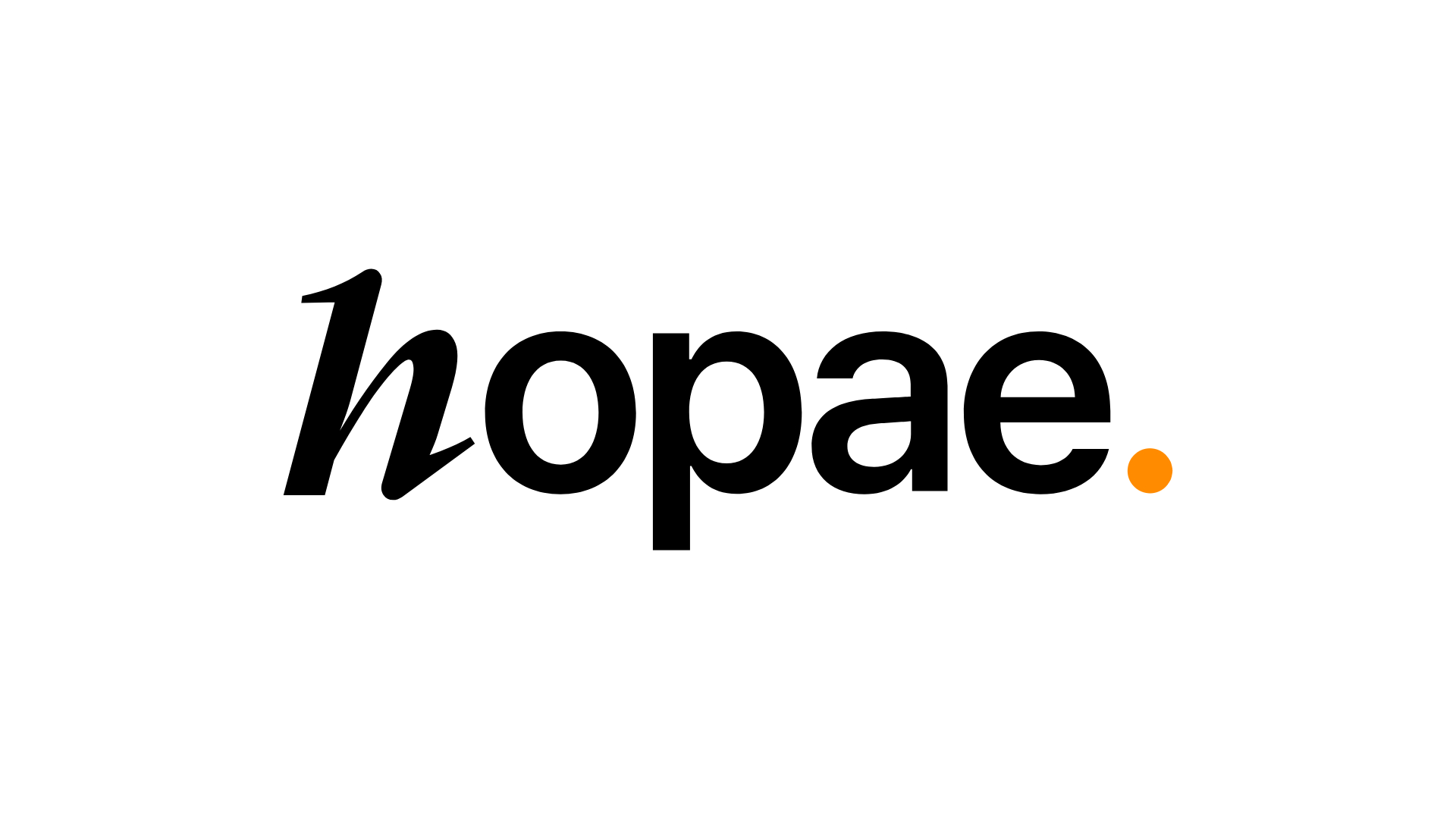During an official visit to Germany, Prime Minister Kristen Michal joined Saxony’s Minister President Michael Kretschmer to open a new Skeleton Technologies factory near Leipzig, underlining Estonia’s long-term commitment to European technological development.
An investment of 220 million euros that marks the most significant industrial commitment an Estonian company has made in Germany and reflects a shift towards mutual economic engagement.
The factory produces supercapacitors that aim to reduce energy consumption in AI data centres while enhancing the reliability of the power grid.
Michal noted that the relationship between the two countries has entered a new phase, as Estonia is now investing in Germany, rather than only receiving investment. He pointed to Germany’s industrial capacity and Estonia’s digital expertise as complementary strengths.
The project benefited from financial and strategic support through programmes such as EUBatIn, while partnerships with Siemens and Marubeni strengthened the technological foundation of the initiative.
Cooperation between Estonia and Saxony already extends across innovation, microelectronics and digital public services.
Several Estonian technology firms operate in the region, while universities in both countries maintain active collaboration in engineering, IT and business administration. These links continue to grow and support talent, research and industrial development.
The new factory is presented as a practical step towards European technological resilience, as the components used in the supercapacitors are sourced from European suppliers.
Estonian officials argue that Europe must develop and produce key technologies instead of relying on external suppliers. The opening of the plant is seen as the beginning of broader cooperation in IT, green technology, defence and advanced manufacturing.
Would you like to learn more about AI, tech and digital diplomacy? If so, ask our Diplo chatbot!










